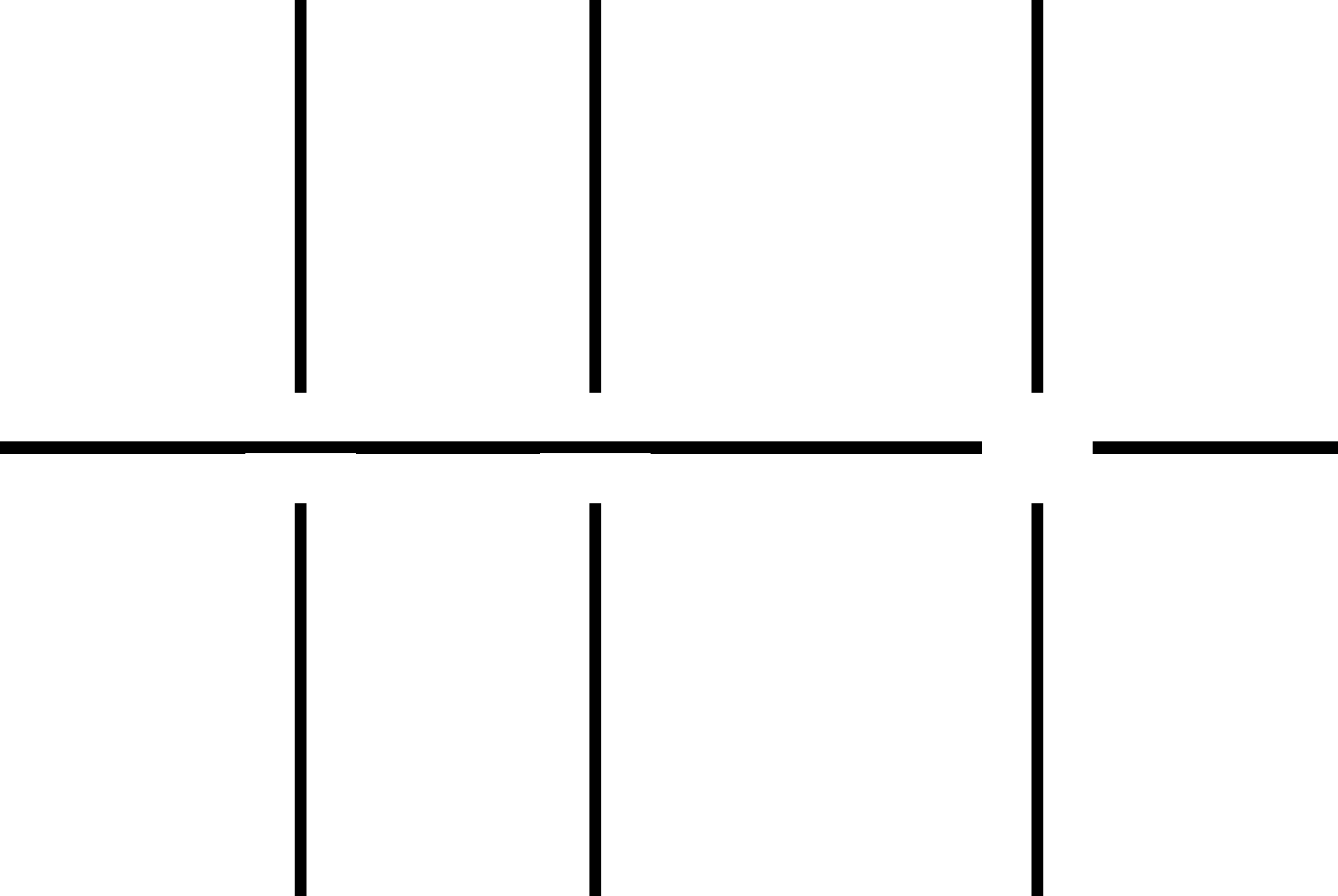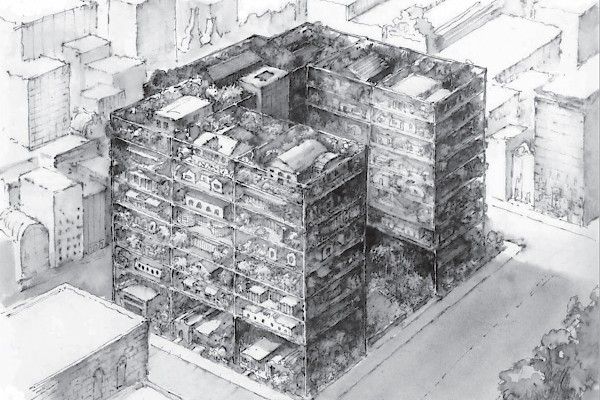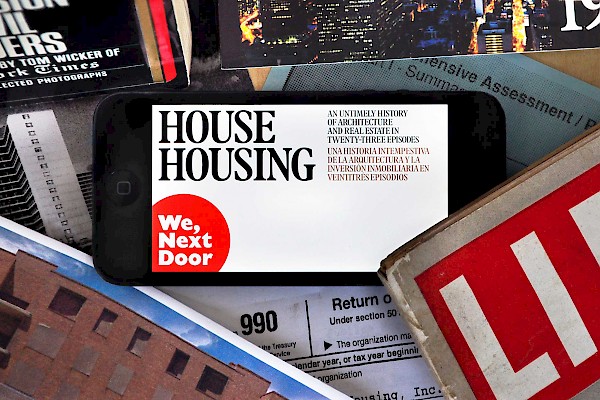Cities today are in constant flux, adapting to migration, mobility, social polarization and demographic change. New actors answer these challenges, questioning practices of city planning and development. The project Weltstadt – Who creates the city? asks: Who really creates the city today? Who will shape its future?
Weltstadt explores approaches from around the world: comparing experiences in developing informal settlements in Johannesburg, Seoul and Sao Paulo. “New Middle Class” demands for participation in emerging nations and concept of city and citizenship are of relevance. Potentials of cultural actors in abandoned urban spaces are the focus of research in Belgrade and Riga. In crisis-ridden cities of Southern Europe and against the backdrop of social polarization in Brazil forms of co-production and sharing are investigated. Crowd-sourcing plays a role in projects in New York and Bangalore. The complex relationship between city and hinterland is exemplified by the conditions in Dakar and Ulan Bator.
The project Weltstadt – Who creates the city? is a joint initiative of the Goethe-Institut and the German Federal Ministry of Transport, Building and Urban Development. Curators Matthias Böttger, Angelika Fitz and Tim Rieniets (until 2013) were tasked with developing the contents of “Weltstadt – Who creates the city?”





